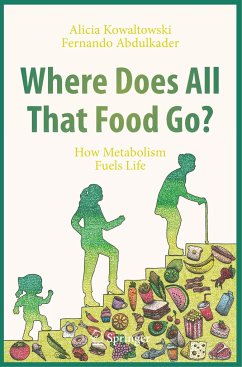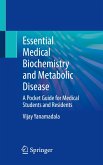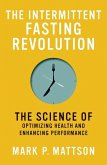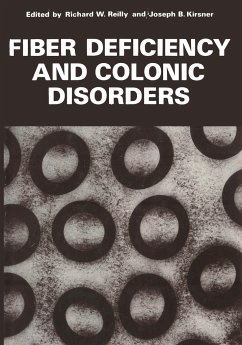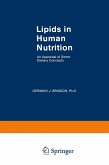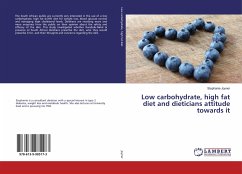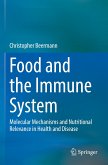Most of us eat (or incorporate into our bodies) quite a bit of stuff that does not look, act or function even remotely like us. Unless our food mysteriously disappears inside of us, this must mean we change its molecular structure in some way. In fact, we are constantly modifying our molecules through chemical reactions, which together constitute our Metabolism. At any given moment, we transform (metabolize) millions of molecules within our bodies, building new ones, breaking down others, and exchanging them with the world around us. Metabolism is much more than the reason you gain weight when you overeat, it is a process that is so central for life that it defines what a living being is.
We will explore what metabolism is, how these chemical reactions that constitute Metabolism are organized and how they are regulated (including the effects of hormones). We will follow the transformations of each type of nutrient (carbohydrates, proteins and lipids) within our bodies and cells, from the mouth, through our intestines and then within the different organs in our body. We will discuss metabolic and evolutionary reasons why so many people today struggle with excessive weight gain, and why some (rarer) people find it hard to gain weight, even when eating large amounts. We will also discuss changes in metabolism with diseases such as diabetes and heart attack, as well as conditions such as exercise and aging.
We will explore what metabolism is, how these chemical reactions that constitute Metabolism are organized and how they are regulated (including the effects of hormones). We will follow the transformations of each type of nutrient (carbohydrates, proteins and lipids) within our bodies and cells, from the mouth, through our intestines and then within the different organs in our body. We will discuss metabolic and evolutionary reasons why so many people today struggle with excessive weight gain, and why some (rarer) people find it hard to gain weight, even when eating large amounts. We will also discuss changes in metabolism with diseases such as diabetes and heart attack, as well as conditions such as exercise and aging.

